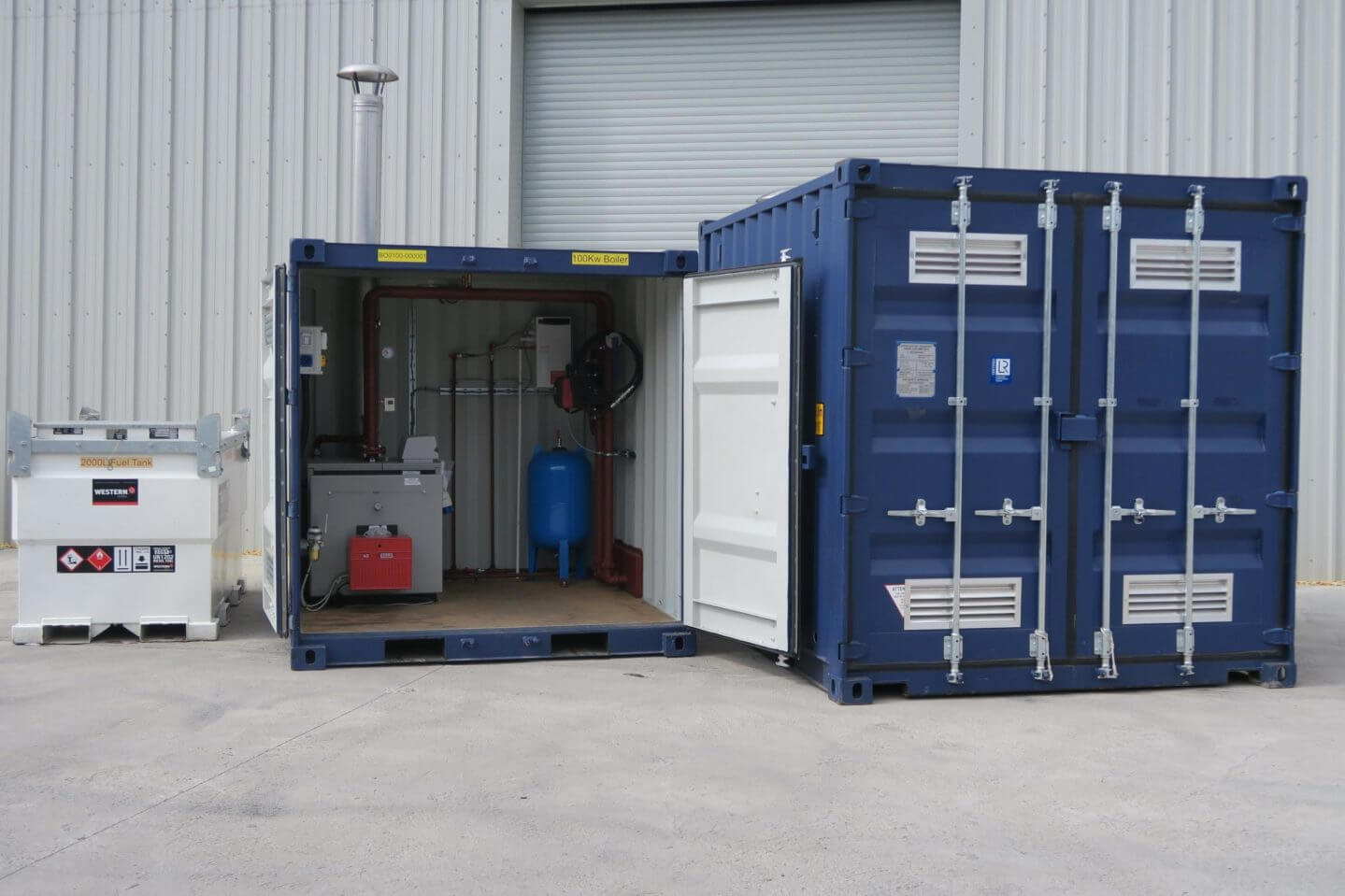A boiler is a vital part of the heating systems used in industries, at home & in buildings. It is used in the process of making hot water. The boiler is the component of a heating system which contains water & moves heat in via steam from a fuel source, e.g., gas, coal or oil to supply warm air. This component can be seen in hot water heating systems which transform heated water into steam and return it to the source where it is reused when the air falls in temperature.
To be more specific, a boiler operates through burning oil, wood pellet or natural gas to heat water which passes through either underfloor systems, radiators or hot water tubes. It is typical in most small commercial & residential applications that boilers produce hot water at approximately 160 to 180 degrees Fahrenheit. This is then circulated within the system using a pump. Once the temperature has reached 212 degrees Fahrenheit or above, steam is created.
Boiler Types
A boiler can either be a closed or open system. A closed system can reuse 100% of the steam the boiler produces. Thus, the steam energy is converted back into water so that it can be used again in producing heat. An example of a closed system boiler is a hot water heating system. An open system, however, will not return the condensate into the boiler due to the heating process possibly being a source of contamination.
There are also two basic types of boilers: firetube & watertube. A firetube, also known as a shell boiler, directs hot gas through the inner part of the tubes situated within the boiler shell encompassed by water. A shell boiler is especially popular, making up 80% of boilers due to it being able to produce 25,000 pounds of steam per hour.
On the other hand, in the watertube, the fire/hot gases are guided to, and passed throughout the exterior of tubes containing water. The watertube is rectangular & typically has two drums. The top drum is used to separate the steam from the water & the lower drum is used as a collection point. This system is suitable for applications which require a vast amount of steam.
How it operates
Boilers work through fuel being supplied to the burner. Natural gas is supplied through the gas pipe/oil or liquefied petroleum gas into a pressurised tank where the wood pellet is sent to the burner. The fuel is then combined with the air and ignited.
The fire from the burner & its combustion gases are released into the boiler causing heat to be transferred to the water circulating through the boiler’s heat exchanger. Warm air is produced around the house through hot water tubes, radiators or under-floor heating once water is heated.
It is important to remember that boilers need to be cleaned often so that they work for a sustained period. Boilers that have not been well maintained will become less efficient & deteriorate quickly. To ensure your boiler remains in top condition make sure you run it for short time periods. Furthermore, make sure to wait for at least an hour to switch your boiler on once it has been switched off.
Cross Rental Services
Cross Rental Services have a wide range of boilers available for hire (2kw-2Mw). Our boilers are suitable for a wide range of uses, whether that be for emergency heating when school boilers fail event/warehouse heating or hospital use.
Visit our Boiler Hire page to find out more.







